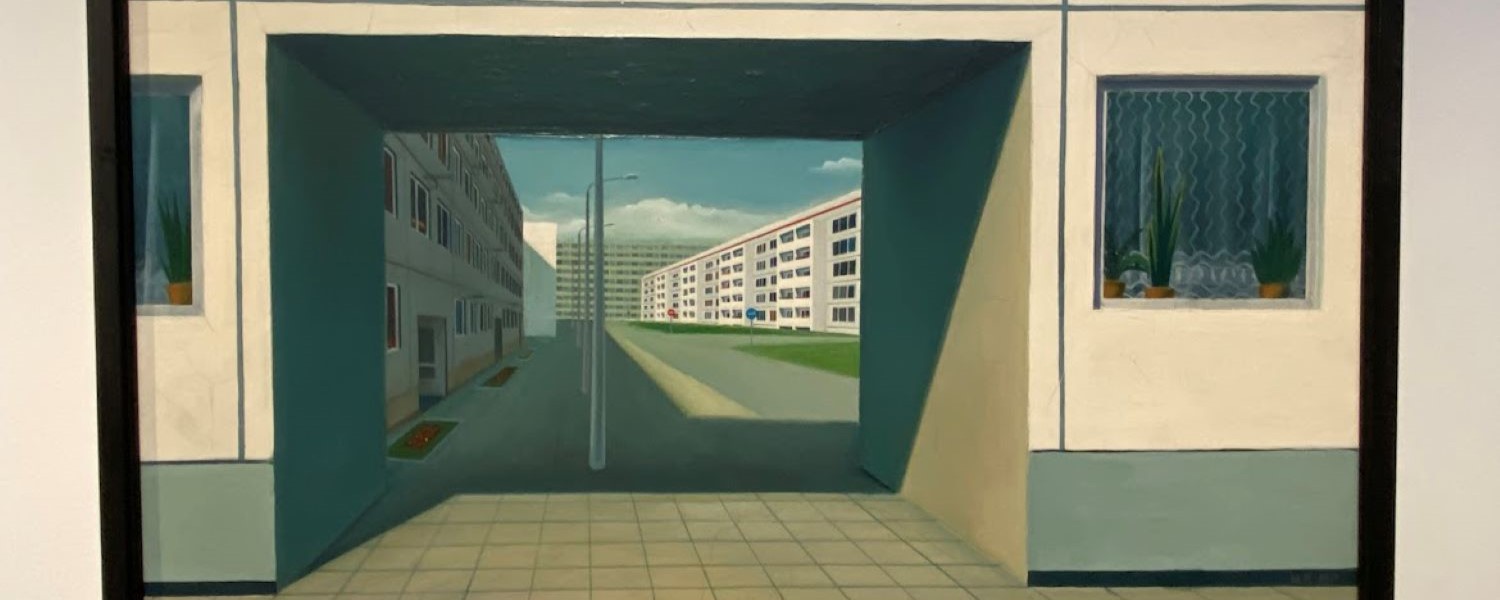“You don’t put yourself into what you write, you find yourself there.”
Alan Bennett
Mental illness, for so long regarded as secondary to physical health, is now being taken more seriously. Media stories about loneliness, anxiety and depression have highlighted increasing concerns about mental ill health, and the issue has also been rising up the political agenda.
In 2017, a survey by the Mental Health Foundation found that only a small minority of people (13%) reported living with high levels of good mental health, and nearly two-thirds of people said that they had experienced a mental health problem.
Prescribed medication is one response to mental health problems, and it’s been reported that the NHS is prescribing record numbers of antidepressants. But while psychiatric drugs can be of real value to patients, especially those whose condition is very severe, the mental health charity Mind has suggested that alternatives, such as physical exercise, talking therapies and arts therapies, are often more beneficial.
Last month, a conference at the University of Glasgow explored ways in which creative writing is being used to respond to mental ill health, and discussed what makes writing interventions helpful for coping and recovery.
Voices of experience: coping and recovery through writing
“Making and consuming art lifts our spirits and keeps us sane”.
Grayson Perry
Several speakers at the Glasgow conference testified to the effectiveness of writing in dealing with mental ill health and in finding a way to recovery.
In 2012, James Withey experienced a set of circumstances which brought him close to taking his own life. In the darkness of his depression, James felt that he might never recover. But after spending time at Maytree, the UK’s first “sanctuary for the suicidal”, he found that writing about what he was going through offered an antidote to the lies being spun by his depression.
He started a blog, and when he posted a letter to himself, beginning “Dear You.” James found that writing the letter gave him space to express his feelings and to listen to himself.
Before long, readers of James’s blog were responding with their own “Dear You” letters. The word spread that the letters offered a different perspective on recovery, and in some instances, had prevented suicide.
Today, The Recovery Letters project is still going strong, with a website, one published book and another in the pipeline. James is realistic about the project:
“The letters are not a cure for a chronic illness, but they do provide support in helping sufferers of depression accept where they are.”
Policy positions: the view from Wales
“If poetry and the arts do anything, they can fortify your inner life, your inwardness.”
Seamus Heaney
Another speaker at the conference was Frances Williams, a PhD candidate at Manchester Metropolitan University, where she is studying arts and health. In her presentation, Frances explored some of the policy frameworks and public discourse surrounding the field of therapeutic writing in Wales.
She highlighted a recent report, Creative Health, The Arts, Health and Well-being, which makes a case for the healing power of the arts in many different healthcare and community contexts. In this report, a creative writing tutor explained some of the ways in which writing can help people experiencing bereavement, including keeping a journal, writing unsent letters, describing personal belongings and resolving unfinished conversations:
“Writing can be a valuable means of self-help, with the page as a listening friend, available any time of the day or night, hearing whatever the writer wants to say. The results of this can be powerful, and include people being able to return to work and adjust more effectively after their loss, acquiring skills for their own self-care which will serve them through the rest of their life.”
Frances also noted that the battle of priorities between impact and value-for-money has driven advocates of arts therapy programmes to defend them in terms of cost effectiveness and social value.
A mapping project by the Arts Council of Wales has taken this to heart, producing in 2018 an audit of the principal arts and health activities currently taking place in Wales.
Writing to the rescue
“By writing, I rescue myself”
William Carlos Williams
The Glasgow University conference underlined the health-giving properties of creative activities and the potential for creative writing to support people suffering with mental ill health. There was no pretence that writing offers a quick-fix solution. As James Withey noted, “…writing is just one element in a toolkit of responses to mental ill health.”
The All-Party Parliamentary Group on Arts, Health and Wellbeing fully supports this concept, and has recommended that policymakers recognise its importance:
“…the arts can make an invaluable contribution to a healthy and health-creating society. They offer a potential resource that should be embraced in health and social care systems which are under great pressure and in need of fresh thinking and cost-effective methods. Policy should work towards creative activity being part of all our lives.”
If you’ve enjoyed this post, you might also be interested in reading some of our related articles:
- Feel better with a book … why bibliotherapy may be just the medicine we’re looking for
- Ecotherapy in practice: nature based mental health care
- Managing mental ill health in the workplace
Follow us on Twitter to see what developments in policy and practice are interesting our research team.
Share
Related Posts
By Donna Gardiner While free school meals (FSM) have been available in England on a means-tested basis since 1944, recent years have seen a renewed focus upon the potential benefits of providing free school meals to all school-aged children. Currently, ....
Today sees the start of Community Garden Week 2023. Across the UK, communities will be celebrating the many and varied types of community gardens, from children’s and neighbourhood gardens to therapy gardens and allotments. The benefits of community gardens are ....
By Hollie Wilson At the start of 2020, an independent review was published setting out what needed to be done to bring about changes to the care system for children and young people in Scotland. At the heart of the ....


